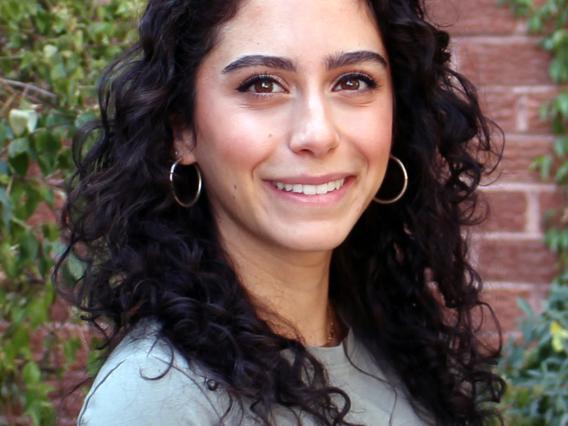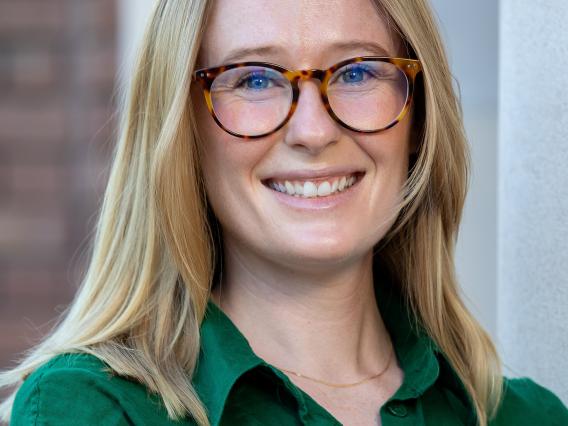Directory

Jenna Applegate, MS, RDN
Adjunct Lecturer | School of Nutritional Sciences and Wellness
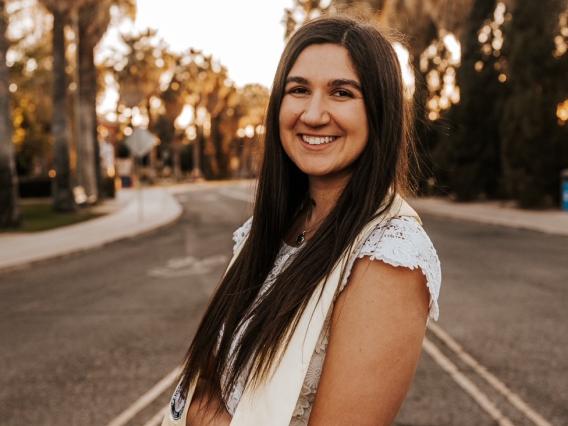
Vanessa Fisch, PSM, RD, CNSC
Assistant Professor of Practice
Clinical Coordinator, Graduate Program in Dietetics
School of Nutritional Sciences and Wellness

Kelly McGrath, MS, RDN
Adjunct Lecturer | School of Nutritional Sciences and Wellness
Department Leadership

Scott Going, PhD
Professor Emeritus
School of Nutritional Sciences and Wellness
*Dr. Going is no longer accepting students

Faculty
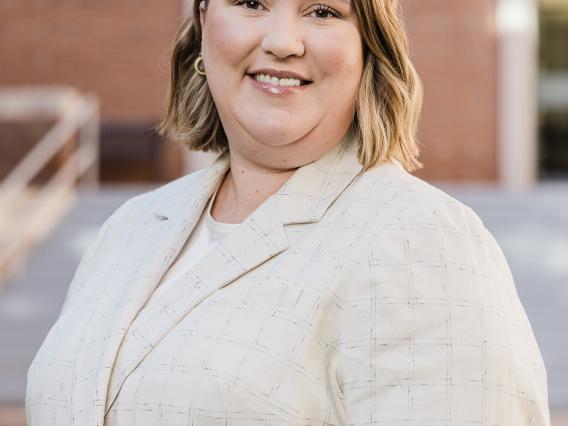
Katelyn Barker, MS, RDN
Assistant Professor of Practice
Assistant Director, Didactic Program in Dietetics
School of Nutritional Sciences and Wellness
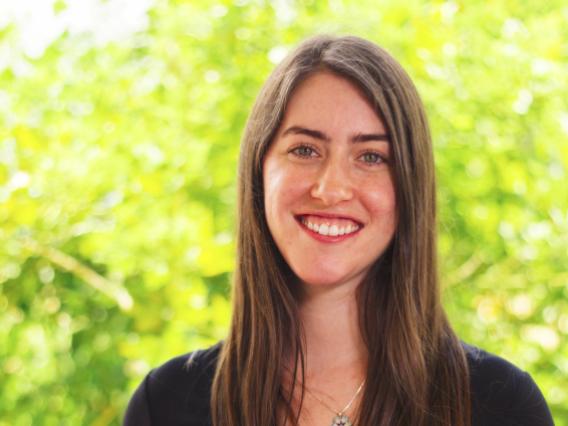
Sarah Lavelle, MS
Lecturer, School of Nutritional Sciences and Wellness
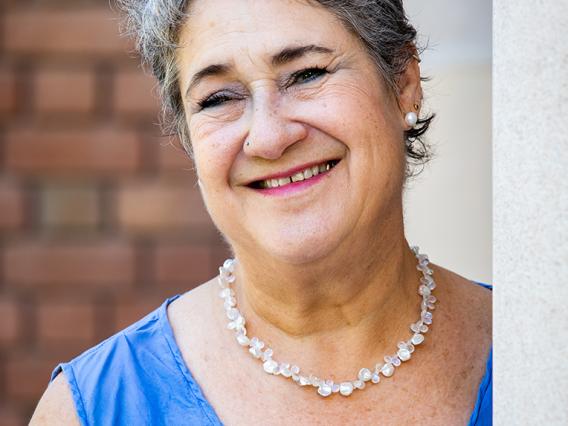

Laurel Jacobs, DrPH, MPH
Assistant Research Professor, School of Nutritional Sciences and Wellness

Floyd "Ski" Chilton, PhD
Professor
School of Nutritional Sciences and Wellness
Director, Center for Precision Nutrition and Wellness
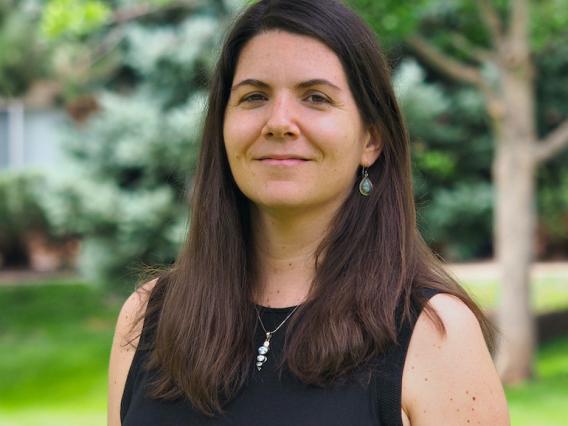
Vanessa da Silva, PhD, RDN, CDCES
Director, UA Cooperative Extension Diabetes Prevention Program (DPP)
Extension Specialist
School of Nutritional Sciences and Wellness
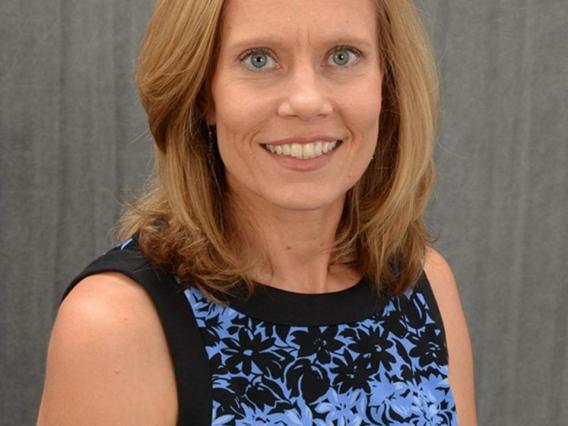

Scott Going, PhD
Professor Emeritus
School of Nutritional Sciences and Wellness
*Dr. Going is no longer accepting students
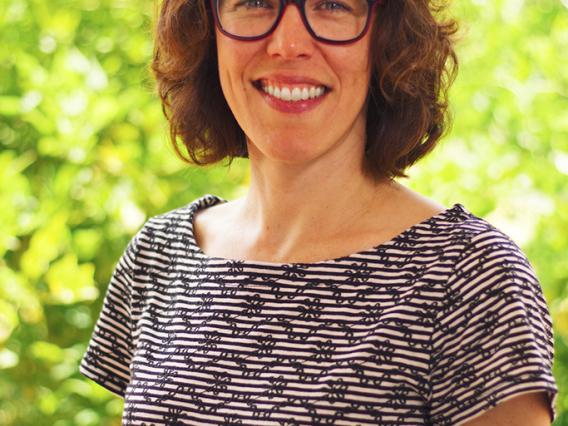
Melanie Hingle, PhD, MPH, RD
Professor
Director, Graduate Studies
School of Nutritional Sciences and Wellness
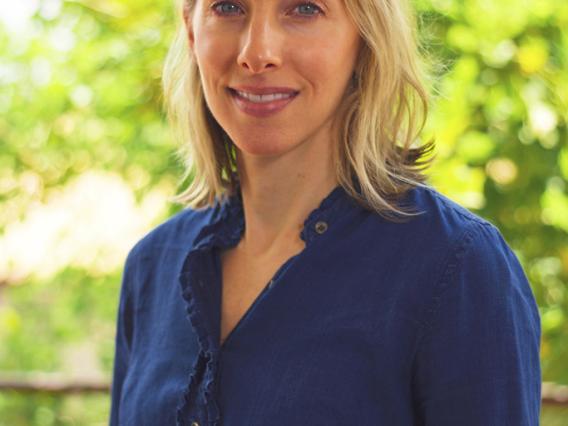
Kelly Jackson, EdD, MS, RDN
Associate Professor of Practice
Director, Undergraduate Programs
School of Nutritional Sciences and Wellness
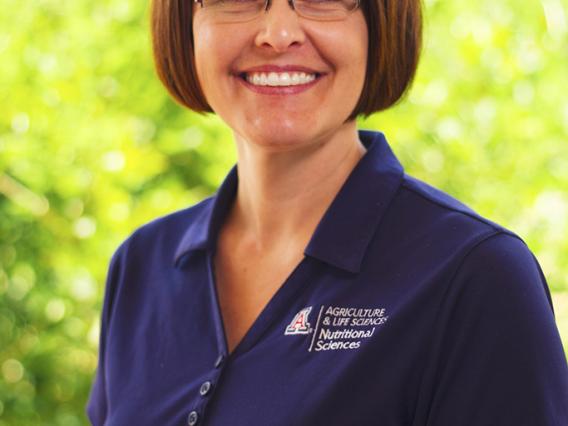
Kirsten Limesand, PhD
Professor, School of Nutritional Sciences and Wellness
Vice Provost for Graduate Education and Dean of the Graduate College at University of Arizona

Mary Marian, DCN, RDN, CSO, FAND
Professor of Practice, School of Nutritional Sciences and Wellness

Veronica (Ronnie) Mullins, MS, RD, CSCS
Associate Professor of Practice, School of Nutritional Sciences and Wellness
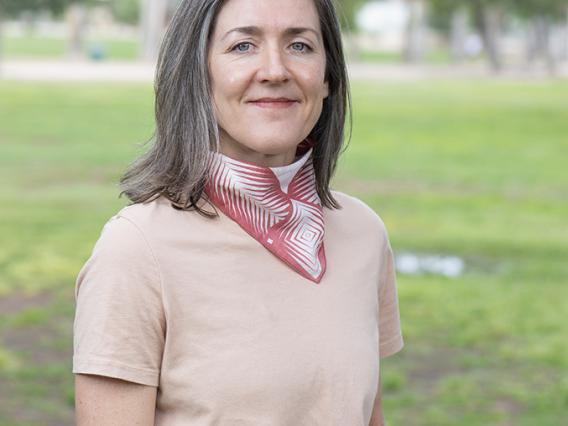
Rani Olson, MS
Assistant Professor of Practice, School of Nutritional Sciences and Wellness
Coordinator, Nutrition and Food Systems Degree Program
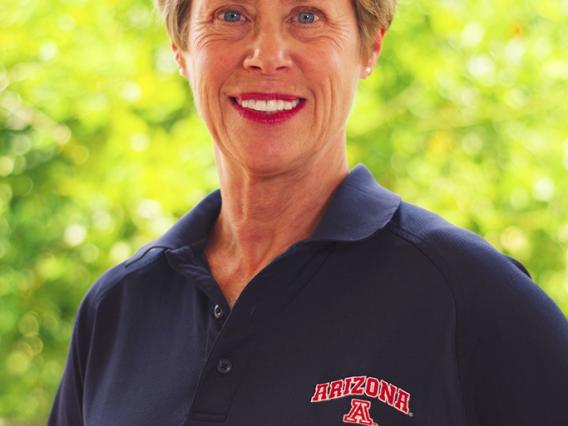
Tedley Pihl, MS, CFS
Assistant Professor of Practice, School of Nutritional Sciences and Wellness
Advisor, Food Science Club
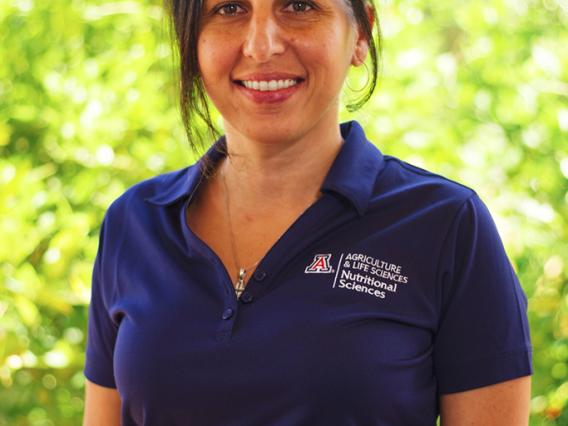
Maria Plant, DCN, RDN, CNSC, FAND
Associate Professor of Practice | School of Nutritional Sciences and Wellness
Director, Didactic Program in Dietetics

Jennifer Ravia, MS, MA, CPT
Associate Professor of Practice, School of Nutritional Sciences and Wellness
Bart Cardon Teaching Fellow

Donato Romagnolo, MSc, PhD
Professor, School of Nutritional Sciences and Wellness
Program Director, Mediterranean Diet and Health Study Abroad Program
Professor, Arizona Cancer Center

Ornella Selmin, PhD
Research Associate Professor, School of Nutritional Sciences and Wellness
Research Associate Professor, The Arizona Cancer Center

Richard Simpson, PhD, FACSM
Professor | School of Nutritional Sciences and Wellness
Department of Pediatrics | Department of Immunobiology
Gouri Bhattacharya Endowed Professor of Pediatric Cancer
The Bio5 Institute
The University of Arizona Cancer Center

Ann Skulas-Ray, PhD
Assistant Professor, School of Nutritional Sciences and Wellness
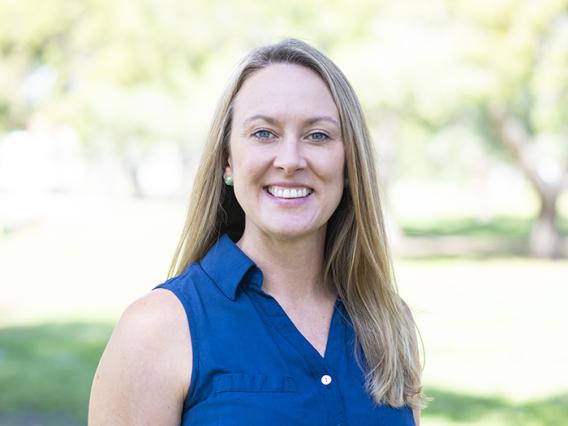
Ashley J Snider, PhD
Professor | School of Nutritional Sciences and Wellness
Center Associate Director, Center for Precision Nutrition and Wellness
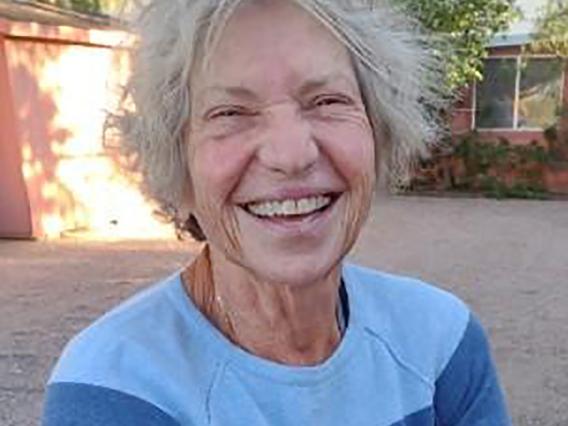
Patricia Sparks, PhD
Assistant Professor of Practice Emerita | School of Nutritional Sciences and Wellness
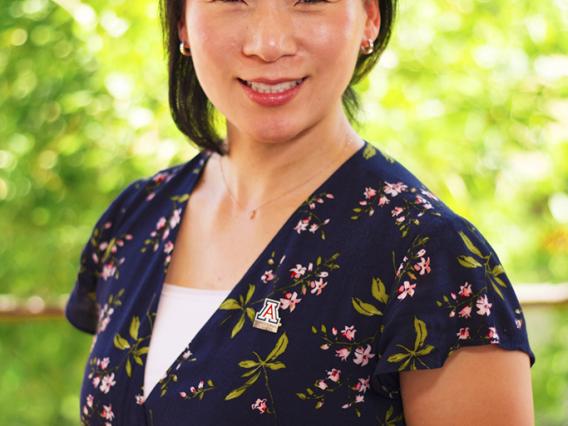
Jennifer Teske, PhD
Associate Professor, School of Nutritional Sciences and Wellness
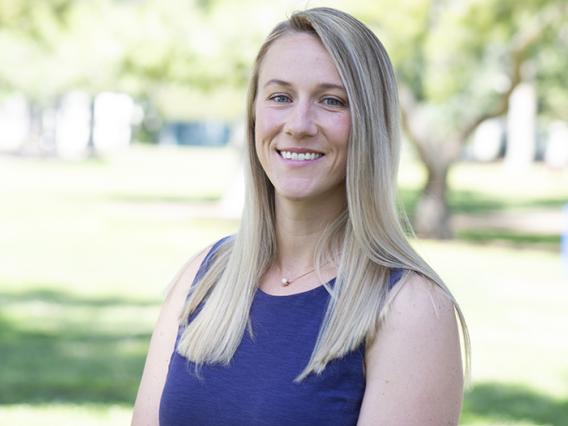
Carmen Young, MFN, RD, CSSD
Associate Professor of Practice | School of Nutritional Sciences and Wellness

Ningning Zhao, PhD
Associate Professor, School of Nutritional Sciences and Wellness



Monica Laudermilk, PhD
Adjunct Faculty, School of Nutritional Sciences and Wellness
Senior Director, Research at EXOS

Dra. Luz Vasquez Moreno
Adjunct Professor, School of Nutritional Sciences and Wellness
Professor, Centro de Investigación en Alimentación y Desarrollo, A.C.

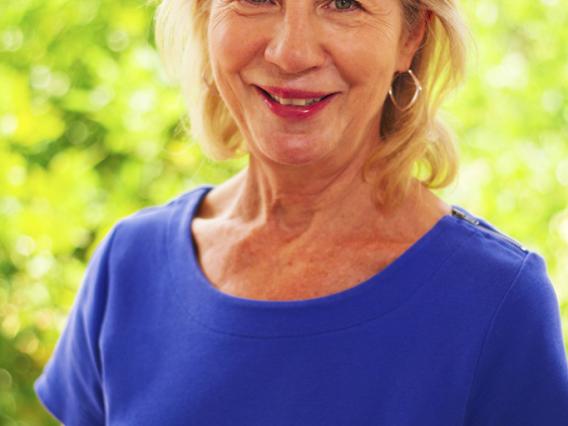

Ann Mellor-Tinsley, PhD
Professor Emerita, School of Nutritional Sciences and Wellness

Charles Weber, PhD
Professor Emeritus, School of Nutritional Sciences and Wellness

Mari Wilhelm, PhD
Associate Professor Emerita, School of Nutritional Sciences and Wellness

Joy Winzerling, PhD, RD
Professor Emerita, School of Nutritional Sciences and Wellness
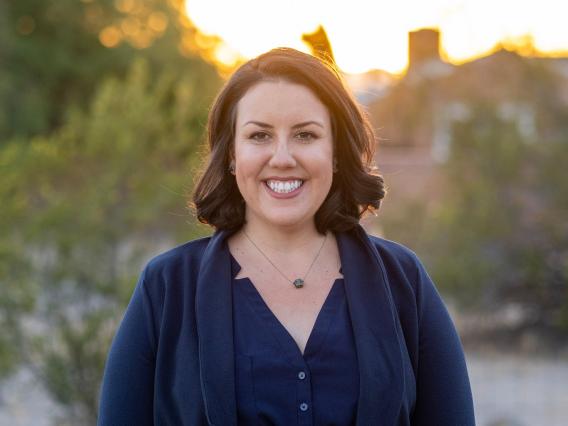
Ashlee Linares-Gaffer, MS, RDN, FAND
Associate Professor of Practice | School of Nutritional Sciences and Wellness
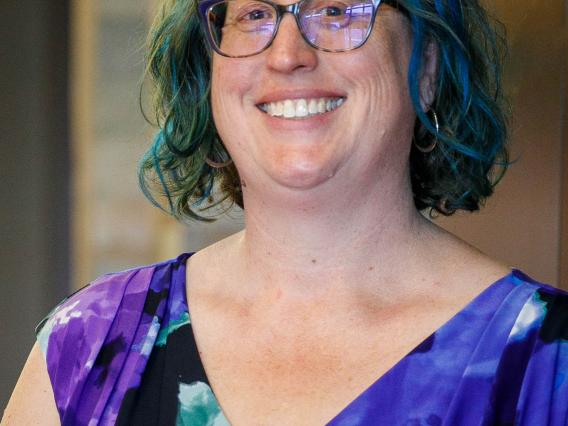
Kayle Skorupski, PhD, MS, RDN-AP, CNSC, FAND
Associate Professor of Practice | School of Nutritional Sciences and Wellness
Director of Professional Programs
Director, Graduate Program in Dietetics (PSM Applied Nutrition – Dietetics)
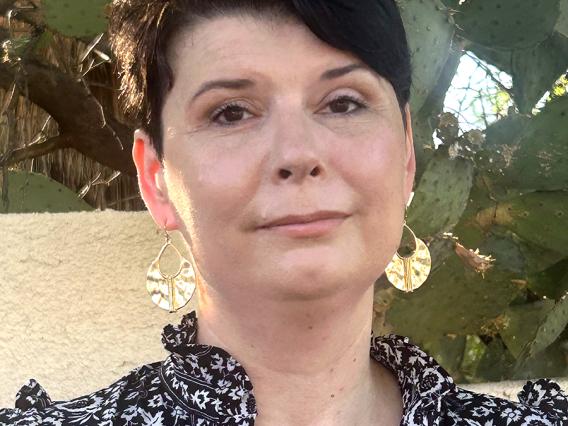
Shea Austin Cantu, EdD
Director, SNAP-Education (SNAP-Ed) and the Expanded Food and Nutrition Education Program (EFNEP)
Associate Specialist/Associate Professor
State Extension Specialist School of Nutritional Sciences and Wellness/Cooperative Extension/ College of Agriculture, Life and Environmental Sciences
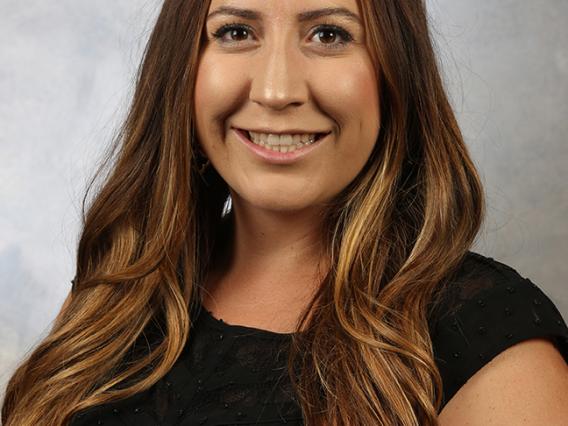

Michael J. Clark, SNS, BS, MPA
Assistant Professor of Practice | Yuma Campus
School of Nutritional Sciences and Wellness
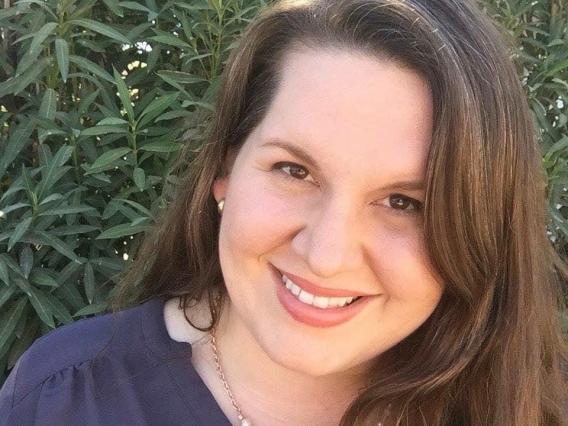

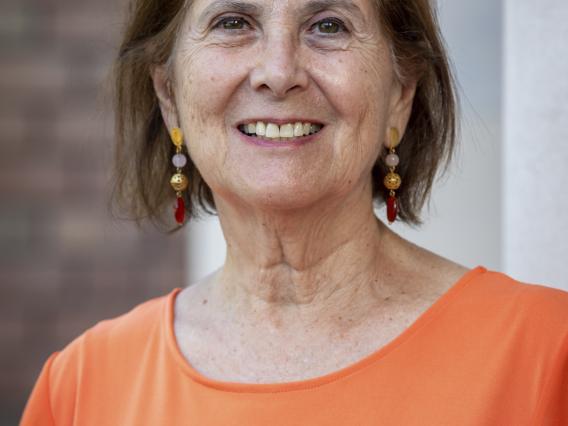
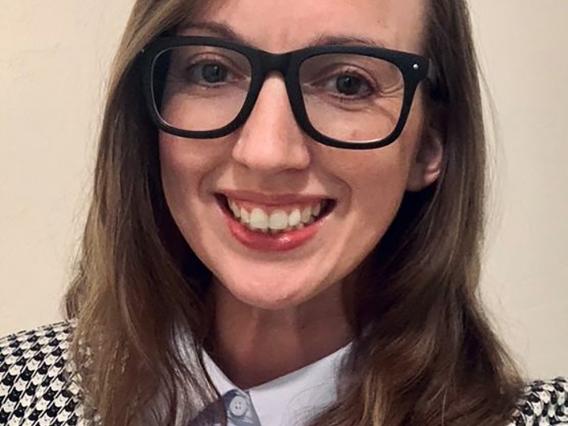


Stephanie Grutzmacher, PhD
Associate Specialist | School of Nutritional Sciences and Wellness

Chiara Kae, PhD, MS, RDN, CNS
Adjunct Instructor | School of Nutritional Sciences and Wellness

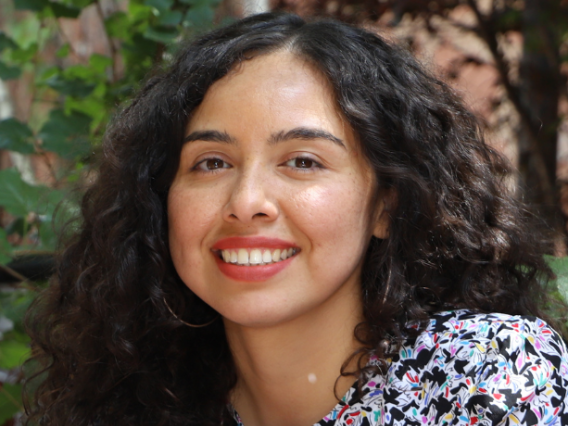
Alexandra E. Samarron Longorio, MPH, RDN
Assistant Professor of Practice | School of Nutritional Sciences and Wellness

Christopher Mills, MPH, DTR, CSCS
Lecturer | School of Nutritional Sciences and Wellness
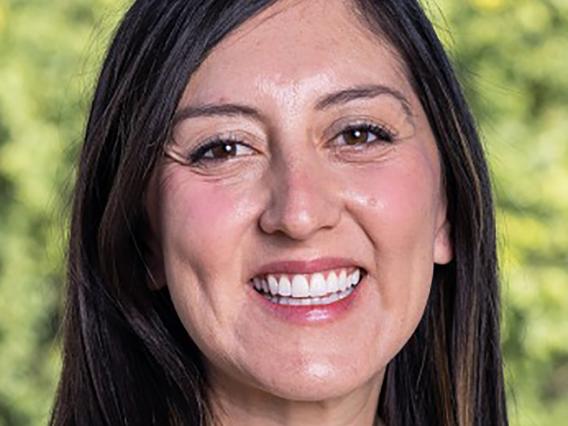
Ashley Munro, MPH, RDN, CDCES
Instructor | School of Nutritional Sciences and Wellness
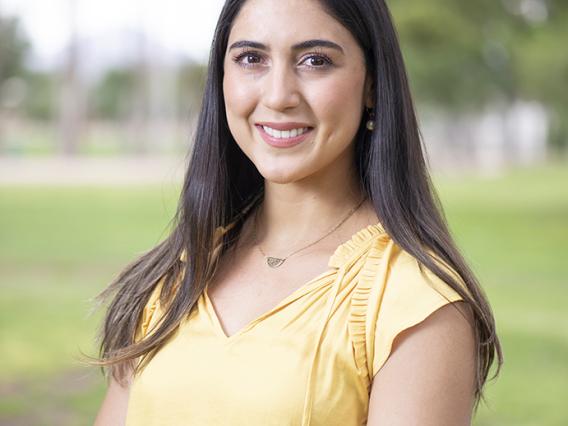
Lucia Ramonet, MS, RDN, CNSC
Assistant Professor of Practice | School of Nutritional Sciences and Wellness
Clinical Coordinator, Future Education Model Graduate Program (PSM Applied Nutrition Dietetics)

Elyse Shearer, PhD, RDN
Assistant Professor of Practice | School of Nutritional Sciences and Wellness

Austin Webb, MS, RDN, CNSC
Assistant Professor of Practice | School of Nutritional Sciences and Wellness

Advisors

Kaydi Williams, RDN
ISPP Dietetic Internship Coordinator, Main Campus | School of Nutritional Sciences and Wellness
Coordinator, Professional Science Masters in Applied Nutrition - Dietetics Emphasis, AZ Online | School of Nutritional Sciences and Wellness
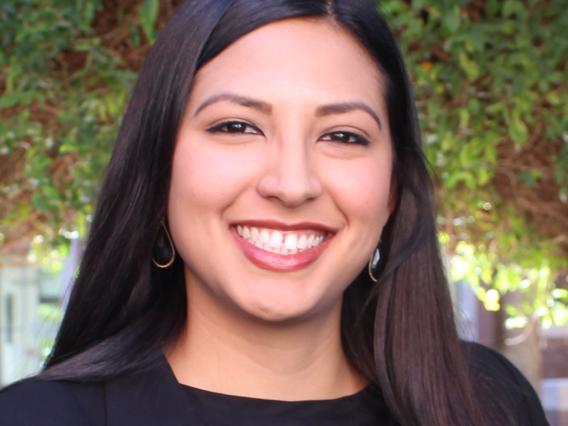
Michelle Mendoza, MA, RDN
Senior II Academic Advisor, Main Campus (Juniors and Seniors) | School of Nutritional Sciences and Wellness

Desireé Vance, MPH, MA
Undergraduate Academic Advisor, AZ Online (Last Names N-Z) | School of Nutritional Sciences and Wellness
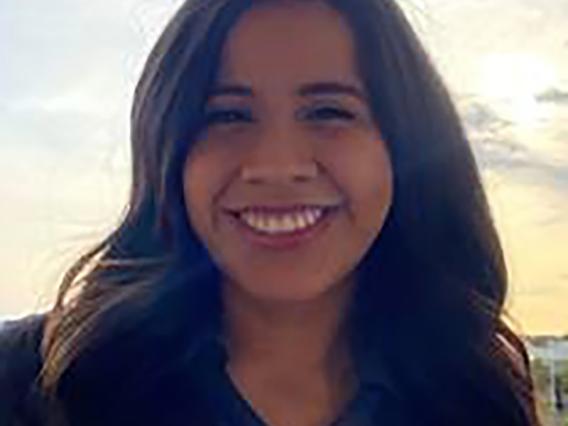
Jessica Zepeda, RDN
Graduate Services Advisor, AZ Online (DPD certificate students) | School of Nutritional Sciences and Wellness

Manny Bracamonte
Undergraduate Academic Advisor, AZ Online (Last Names A-G) | School of Nutritional Sciences and Wellness

Fanisia Bundage, MA
Undergraduate Academic Advisor, AZ Online (Last Names H-M) | School of Nutritional Sciences and Wellness
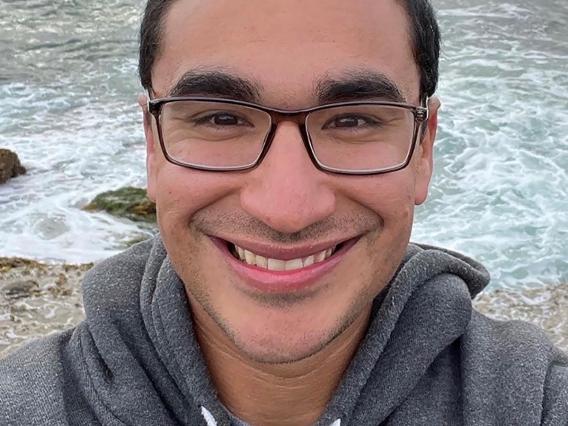
Julian Mirano, M.Ed.
Academic Advisor, Main Campus (Freshmen and Sophomores) | School of Nutritional Sciences and Wellness

Peggy Rupert, MA, MPH, RDN
Graduate Programs Coordinator | School of Nutritional Sciences & Wellness
Researchers

Justin Snider, PhD
Assistant Research Professor, School of Nutritional Sciences and Wellness

Forrest Baker
Research Specialist, Senior, School of Nutritional Sciences and Wellness

Rob Blew, MS
Research Specialist, Senior, School of Nutritional Sciences and Wellness

Greg Goodman, MS
Research Computing Specialist, Senior, School of Nutritional Sciences and Wellness

Laurel Jacobs, DrPH, MPH
Assistant Research Professor, School of Nutritional Sciences and Wellness

Vinson Lee, MS
Research Specialist, Senior, School of Nutritional Sciences and Wellness

Theresa LeGros
Research Specialist, Senior, School of Nutritional Sciences and Wellness

Shannon Morgan
Research Specialist, School of Nutritional Sciences and Wellness

Preteesh Mylabathula
Research Specialist, Senior, School of Nutritional Sciences and Wellness

Floyd "Ski" Chilton, PhD
Professor
School of Nutritional Sciences and Wellness
Director, Center for Precision Nutrition and Wellness

Scott Going, PhD
Professor Emeritus
School of Nutritional Sciences and Wellness
*Dr. Going is no longer accepting students

Melanie Hingle, PhD, MPH, RD
Professor
Director, Graduate Studies
School of Nutritional Sciences and Wellness

Kirsten Limesand, PhD
Professor, School of Nutritional Sciences and Wellness
Vice Provost for Graduate Education and Dean of the Graduate College at University of Arizona

Donato Romagnolo, MSc, PhD
Professor, School of Nutritional Sciences and Wellness
Program Director, Mediterranean Diet and Health Study Abroad Program
Professor, Arizona Cancer Center

Ornella Selmin, PhD
Research Associate Professor, School of Nutritional Sciences and Wellness
Research Associate Professor, The Arizona Cancer Center

Richard Simpson, PhD, FACSM
Professor | School of Nutritional Sciences and Wellness
Department of Pediatrics | Department of Immunobiology
Gouri Bhattacharya Endowed Professor of Pediatric Cancer
The Bio5 Institute
The University of Arizona Cancer Center

Ann Skulas-Ray, PhD
Assistant Professor, School of Nutritional Sciences and Wellness

Ashley J Snider, PhD
Professor | School of Nutritional Sciences and Wellness
Center Associate Director, Center for Precision Nutrition and Wellness

Jennifer Teske, PhD
Associate Professor, School of Nutritional Sciences and Wellness

Ningning Zhao, PhD
Associate Professor, School of Nutritional Sciences and Wellness


Joint Appointees

Frank Duca, PhD
Assistant Professor, School of Animal & Comparative Biomedical Sciences
Assistant Professor, College of Agriculture, Life and Environmental Sciences
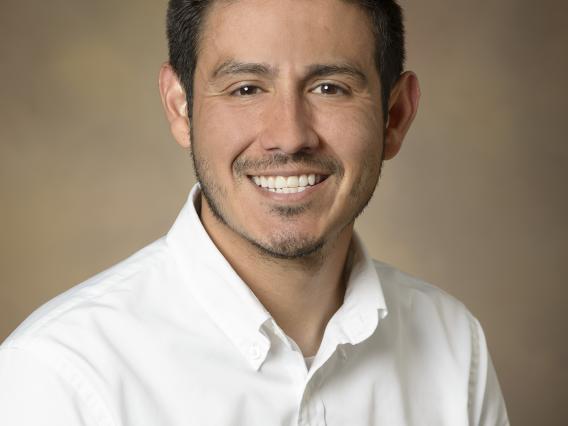
David O. Garcia PhD, FACSM
Assistant Professor, Health Promotion Sciences Department

Fayez Ghishan, MD
Professor and Department Head, Department of Pediatrics
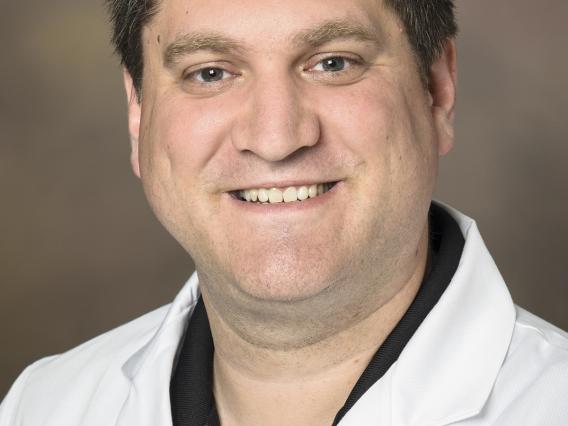
Michael A. Grandner, PhD, MTR, CBSM
Director, Sleep and Health Research Program
Assistant Professor, Department of Psychiatry

Leslie Gunatilaka, PhD
Professor and Director, Natural Products Center, School of Animal & Comparative Biomedical Sciences

Iman Hakim, PhD
Dean and Professor, Mel & Enid Zuckerman College of Public Health

Sean Limesand, PhD
Professor, School of Animal Sciences & Comparative Biomedical Sciences

Janko Nikolich-Zugich, MD, PhD
Professor and Department Head, Immunobiology
Co-Director, Arizona Center on Aging

Sadhana Ravishankar, PhD
Associate Professor, School of Animal & Comparative Biomedical Sciences

Benjamin Renquist, PhD
Assistant Professor, School of Animal & Comparative Biomedical Sciences

Cynthia Thomson, PhD, RD, CSO
Professor and Director, Canyon Ranch Center for Prevention & Health Promotion, Mel & Enid Zuckerman College of Public Health

Esther M Sternberg, MD
Professor, Medicine - (Research Scholar Track) and Psychology
Joint Appointments, Professor, Architecture, Planning & Landscape Architecture
Director of Research, Andrew Weil Center for Integrative Medicine
Founding Director, Institute on Place, Wellbeing, & Performance
Inaugural Andrew Weil Endowed Chair for Research in Integrative Medicine
Member, BIO5 Institute, Arizona Arthritis Center

Shad Marvasti, MD
Associate Professor, Academic Affairs (Clinical Scholar Track)
Associate Professor, Family / Community and Preventive Medicine - (Clinical Scholar Track)
Director, Public Health / Prevention / Population Health Theme
Co-Director, Capstones
Physician, Doctoring Program
Facilitator, Longitudinal Case-Based Instruction
Associate Professor, Nutritional Sciences and Wellness
Extension & Outreach

Laurel Jacobs, DrPH, MPH
Assistant Research Professor, School of Nutritional Sciences and Wellness

Theresa LeGros
Research Specialist, Senior, School of Nutritional Sciences and Wellness

Scott Going, PhD
Professor Emeritus
School of Nutritional Sciences and Wellness
*Dr. Going is no longer accepting students

Melanie Hingle, PhD, MPH, RD
Professor
Director, Graduate Studies
School of Nutritional Sciences and Wellness

Veronica (Ronnie) Mullins, MS, RD, CSCS
Associate Professor of Practice, School of Nutritional Sciences and Wellness

Stephanie Grutzmacher, PhD
Associate Specialist | School of Nutritional Sciences and Wellness
Department Staff

Angelica Aros
Business Manager, School of Nutritional Sciences and Wellness

Tait Hansen
Systems Administrator, Senior | School of Nutritional Sciences and Wellness

Julie Kennedy
Office Specialist, School of Nutritional Sciences and Wellness
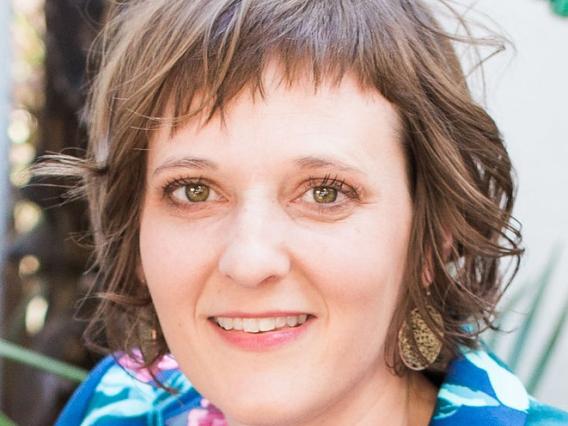
Lauren McCullough, MPH
Outreach Program Manager, Culinary Medicine Initiative | School of Nutritional Sciences and Wellness

Trudy Morrow
Executive Assistant, School of Nutritional Sciences and Wellness

Heather Ottenbacher, MS, RD, CSP
Program Coordinator, Senior | UA Nutrition Network

Rosemarie Sblendorio
Radiology Technologist, School of Nutritional Sciences and Wellness
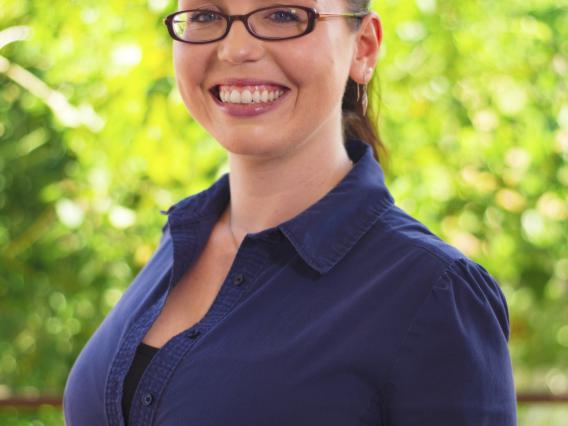
Erin Schauer
Marketing & Communications Coordinator, School of Nutritional Sciences and Wellness

Darren Shevchuk
Manager, Finance and Administration, School of Nutritional Sciences and Wellness

Theresa Spicer
Manager, Grants and Contracts, School of Nutritional Sciences and Wellness

Kaydi Williams, RDN
ISPP Dietetic Internship Coordinator, Main Campus | School of Nutritional Sciences and Wellness
Coordinator, Professional Science Masters in Applied Nutrition - Dietetics Emphasis, AZ Online | School of Nutritional Sciences and Wellness

Michelle Mendoza, MA, RDN
Senior II Academic Advisor, Main Campus (Juniors and Seniors) | School of Nutritional Sciences and Wellness

Desireé Vance, MPH, MA
Undergraduate Academic Advisor, AZ Online (Last Names N-Z) | School of Nutritional Sciences and Wellness

Jessica Zepeda, RDN
Graduate Services Advisor, AZ Online (DPD certificate students) | School of Nutritional Sciences and Wellness

Anvi Bhakta
Researcher, Food System Evaluation | School of Nutritional Sciences and Wellness

Manny Bracamonte
Undergraduate Academic Advisor, AZ Online (Last Names A-G) | School of Nutritional Sciences and Wellness

Fanisia Bundage, MA
Undergraduate Academic Advisor, AZ Online (Last Names H-M) | School of Nutritional Sciences and Wellness

Nicole Chavez, MA
Coordinator, Experiential Learning | School of Nutritional Sciences and Wellness

Doug Dawson
Accounting Manager I | School of Nutritional Sciences and Wellness

Kaylee Haddad
Community Outreach Professional I | School of Nutritional Sciences and Wellness

Aurora Juarez
Accountant | School of Nutritional Sciences and Wellness

Cindy Kaiser, M.Ed.
Coordinator, NSW Student Success | School of Nutritional Sciences and Wellness

Amy Maniscalco
Accountant III | School of Nutritional Sciences and Wellness

Kari Meger
Administrative Assistant | School of Nutritional Sciences and Wellness

Julian Mirano, M.Ed.
Academic Advisor, Main Campus (Freshmen and Sophomores) | School of Nutritional Sciences and Wellness

Peggy Rupert, MA, MPH, RDN
Graduate Programs Coordinator | School of Nutritional Sciences & Wellness

Bernice Scobie
Instructional Specialist, Senior | School of Nutritional Sciences and Wellness

Tamra Stevenson, ED. S.
Administrative Support Assistant II | School of Nutritional Sciences and Wellness
Graduate Students
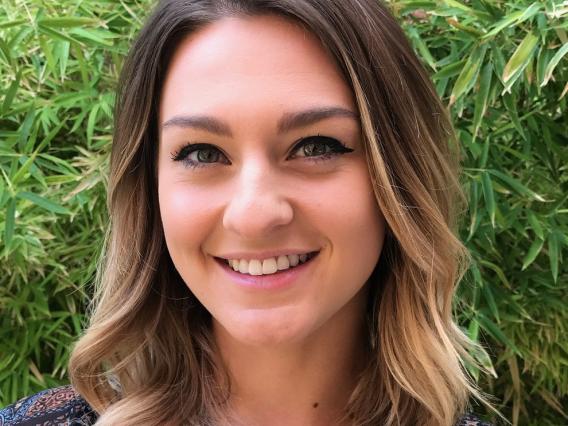
Rachel Meyer
Graduate Assistant | School of Nutritional Sciences and Wellness
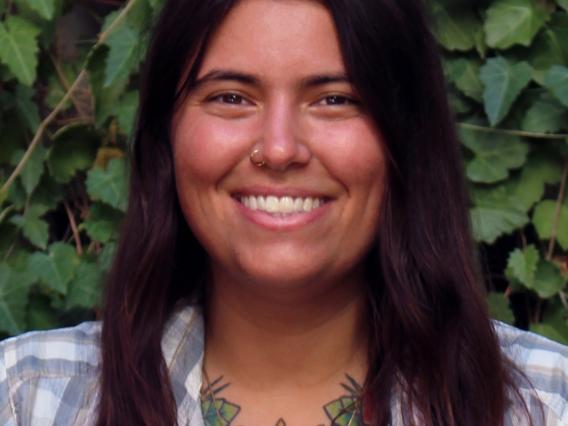
Jil Albrecht
Graduate Assistant | School of Nutritional Sciences and Wellness
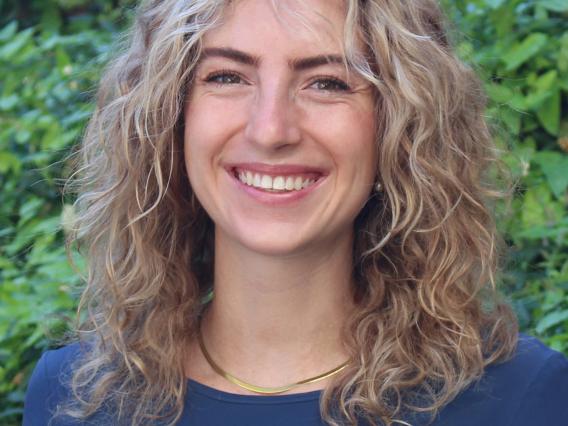
Elizabeth Beattie
Graduate Assistant | School of Nutritional Sciences and Wellness
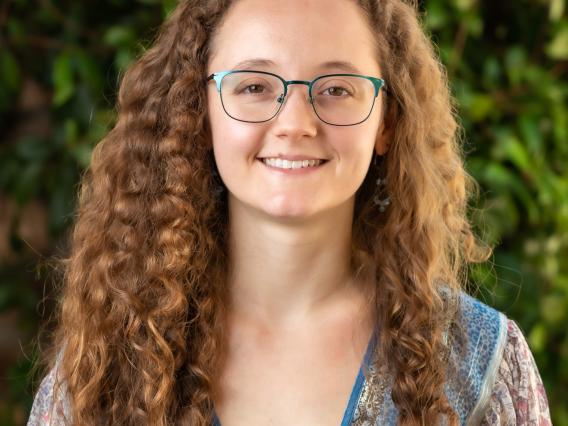
Sarah Blomquist
Graduate Student | School of Nutritional Sciences and Wellness
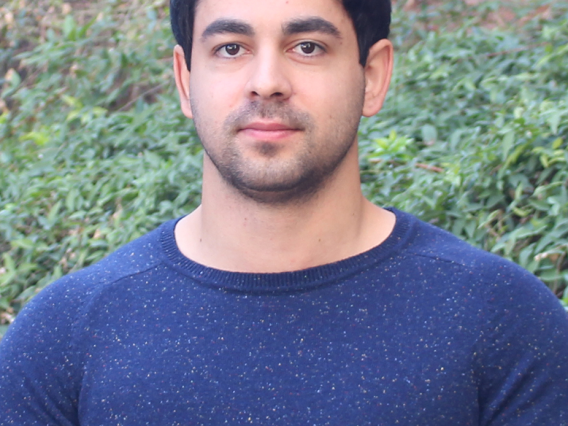
Milad Hasankhani
Graduate Associate | School of Nutritional Sciences and Wellness
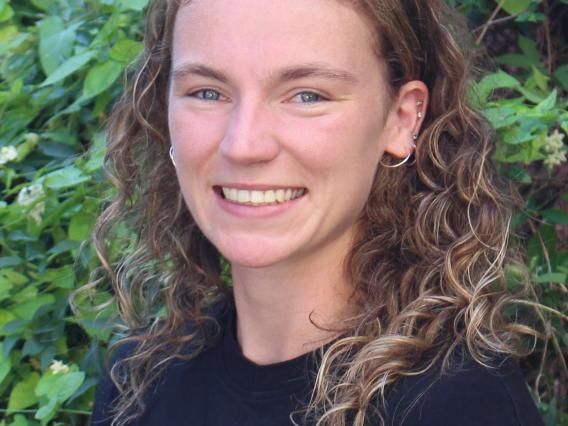
Grace McKenzie
Graduate Student | School of Nutritional Sciences and Wellness
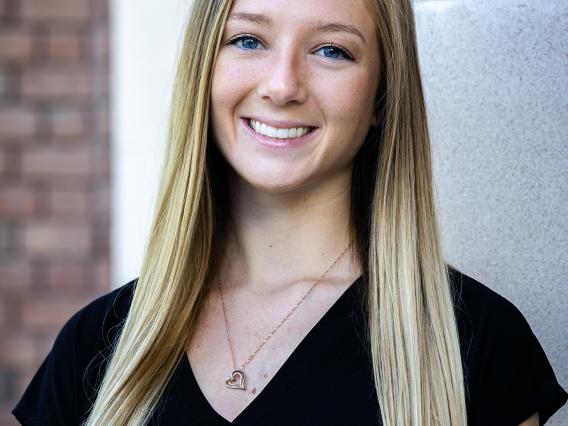
Kelli Richardson, RDN
Graduate Assistant | School of Nutritional Sciences and Wellness
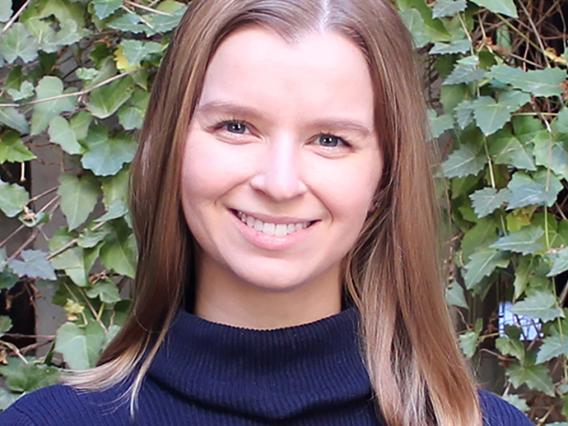
Carrie Standage-Beier, MPH, RDN
Graduate Assistant | School of Nutritional Sciences and Wellness

Wei Chen Zhang
Graduate Associate | School of Nutritional Sciences and Wellness
Department Faculty

Katelyn Barker, MS, RDN
Assistant Professor of Practice
Assistant Director, Didactic Program in Dietetics
School of Nutritional Sciences and Wellness

Sarah Lavelle, MS
Lecturer, School of Nutritional Sciences and Wellness


Floyd "Ski" Chilton, PhD
Professor
School of Nutritional Sciences and Wellness
Director, Center for Precision Nutrition and Wellness

Vanessa da Silva, PhD, RDN, CDCES
Director, UA Cooperative Extension Diabetes Prevention Program (DPP)
Extension Specialist
School of Nutritional Sciences and Wellness


Scott Going, PhD
Professor Emeritus
School of Nutritional Sciences and Wellness
*Dr. Going is no longer accepting students

Melanie Hingle, PhD, MPH, RD
Professor
Director, Graduate Studies
School of Nutritional Sciences and Wellness

Kelly Jackson, EdD, MS, RDN
Associate Professor of Practice
Director, Undergraduate Programs
School of Nutritional Sciences and Wellness

Kirsten Limesand, PhD
Professor, School of Nutritional Sciences and Wellness
Vice Provost for Graduate Education and Dean of the Graduate College at University of Arizona

Mary Marian, DCN, RDN, CSO, FAND
Professor of Practice, School of Nutritional Sciences and Wellness

Veronica (Ronnie) Mullins, MS, RD, CSCS
Associate Professor of Practice, School of Nutritional Sciences and Wellness

Rani Olson, MS
Assistant Professor of Practice, School of Nutritional Sciences and Wellness
Coordinator, Nutrition and Food Systems Degree Program

Tedley Pihl, MS, CFS
Assistant Professor of Practice, School of Nutritional Sciences and Wellness
Advisor, Food Science Club

Maria Plant, DCN, RDN, CNSC, FAND
Associate Professor of Practice | School of Nutritional Sciences and Wellness
Director, Didactic Program in Dietetics

Jennifer Ravia, MS, MA, CPT
Associate Professor of Practice, School of Nutritional Sciences and Wellness
Bart Cardon Teaching Fellow

Donato Romagnolo, MSc, PhD
Professor, School of Nutritional Sciences and Wellness
Program Director, Mediterranean Diet and Health Study Abroad Program
Professor, Arizona Cancer Center

Ornella Selmin, PhD
Research Associate Professor, School of Nutritional Sciences and Wellness
Research Associate Professor, The Arizona Cancer Center

Richard Simpson, PhD, FACSM
Professor | School of Nutritional Sciences and Wellness
Department of Pediatrics | Department of Immunobiology
Gouri Bhattacharya Endowed Professor of Pediatric Cancer
The Bio5 Institute
The University of Arizona Cancer Center

Ann Skulas-Ray, PhD
Assistant Professor, School of Nutritional Sciences and Wellness

Ashley J Snider, PhD
Professor | School of Nutritional Sciences and Wellness
Center Associate Director, Center for Precision Nutrition and Wellness

Patricia Sparks, PhD
Assistant Professor of Practice Emerita | School of Nutritional Sciences and Wellness

Jennifer Teske, PhD
Associate Professor, School of Nutritional Sciences and Wellness

Carmen Young, MFN, RD, CSSD
Associate Professor of Practice | School of Nutritional Sciences and Wellness

Ningning Zhao, PhD
Associate Professor, School of Nutritional Sciences and Wellness

Ashlee Linares-Gaffer, MS, RDN, FAND
Associate Professor of Practice | School of Nutritional Sciences and Wellness

Kayle Skorupski, PhD, MS, RDN-AP, CNSC, FAND
Associate Professor of Practice | School of Nutritional Sciences and Wellness
Director of Professional Programs
Director, Graduate Program in Dietetics (PSM Applied Nutrition – Dietetics)






Christopher Mills, MPH, DTR, CSCS
Lecturer | School of Nutritional Sciences and Wellness

Elyse Shearer, PhD, RDN
Assistant Professor of Practice | School of Nutritional Sciences and Wellness
Adjunct Faculty

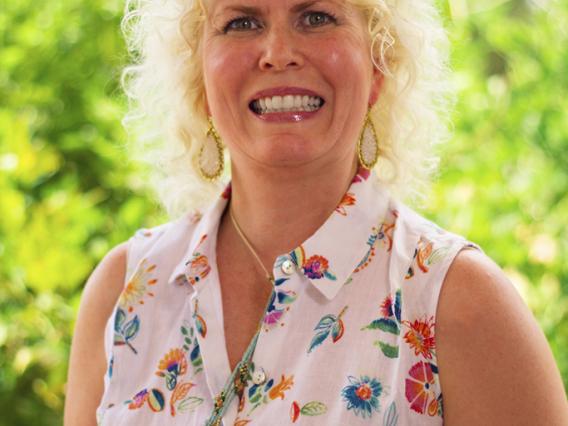
Martina Cartwright, PhD, RD
Director, Continuing Professional Education | School of Nutritional Sciences and Wellness


Monica Laudermilk, PhD
Adjunct Faculty, School of Nutritional Sciences and Wellness
Senior Director, Research at EXOS

Dra. Luz Vasquez Moreno
Adjunct Professor, School of Nutritional Sciences and Wellness
Professor, Centro de Investigación en Alimentación y Desarrollo, A.C.

Michael J. Clark, SNS, BS, MPA
Assistant Professor of Practice | Yuma Campus
School of Nutritional Sciences and Wellness

Chiara Kae, PhD, MS, RDN, CNS
Adjunct Instructor | School of Nutritional Sciences and Wellness
Emeritus Faculty

Scottie Misner, PhD, RD
Emerita | School of Nutritional Sciences and Wellness

Patricia Sparks, PhD
Assistant Professor of Practice Emerita | School of Nutritional Sciences and Wellness


Kay (Nobuko) Hongu, PhD, MEd, RD, FACSM
Professor Emerita | School of Nutritional Sciences and Wellness
Cooperative Extension Specialist


Ann Mellor-Tinsley, PhD
Professor Emerita, School of Nutritional Sciences and Wellness

Charles Weber, PhD
Professor Emeritus, School of Nutritional Sciences and Wellness

Mari Wilhelm, PhD
Associate Professor Emerita, School of Nutritional Sciences and Wellness

Joy Winzerling, PhD, RD
Professor Emerita, School of Nutritional Sciences and Wellness
Undergraduate Advisors

Michelle Mendoza, MA, RDN
Senior II Academic Advisor, Main Campus (Juniors and Seniors) | School of Nutritional Sciences and Wellness

Desireé Vance, MPH, MA
Undergraduate Academic Advisor, AZ Online (Last Names N-Z) | School of Nutritional Sciences and Wellness

Jessica Zepeda, RDN
Graduate Services Advisor, AZ Online (DPD certificate students) | School of Nutritional Sciences and Wellness

Manny Bracamonte
Undergraduate Academic Advisor, AZ Online (Last Names A-G) | School of Nutritional Sciences and Wellness

Julian Mirano, M.Ed.
Academic Advisor, Main Campus (Freshmen and Sophomores) | School of Nutritional Sciences and Wellness
Graduate Advisors

Kaydi Williams, RDN
ISPP Dietetic Internship Coordinator, Main Campus | School of Nutritional Sciences and Wellness
Coordinator, Professional Science Masters in Applied Nutrition - Dietetics Emphasis, AZ Online | School of Nutritional Sciences and Wellness

Fanisia Bundage, MA
Undergraduate Academic Advisor, AZ Online (Last Names H-M) | School of Nutritional Sciences and Wellness

Peggy Rupert, MA, MPH, RDN
Graduate Programs Coordinator | School of Nutritional Sciences & Wellness


